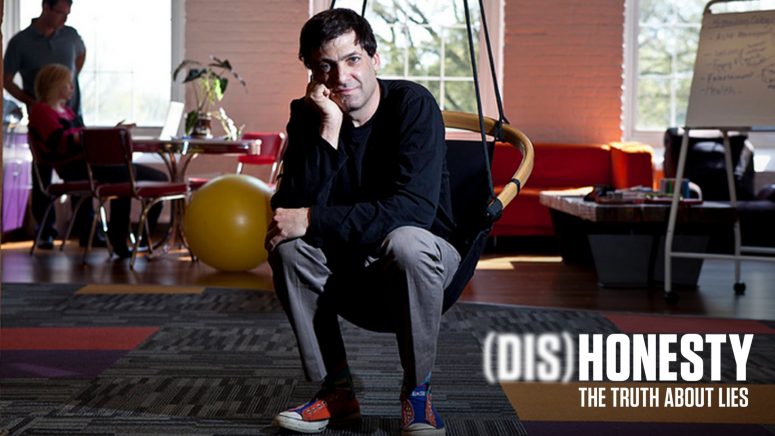5 things I learned recently after watching Dishonesty documentary

Courtesy YouTube
I recently watched (Dis)Honesty: The Truth About Lies. This is what I learned:
- Honor codes, moral self-reminders before brushing with temptation, and asking others to be honest in tempting situations can reduce dishonesty to almost zero, researchers found.
- People are increasingly dishonest as they distance themselves from tangible things (i.e. its easier to steal digital money than tangible money, and it’s easier to cheat in golf by kicking your ball while looking away as opposed to picking it up). To heighten honesty, look at ill behavior right in the face before doing it.
- Everybody is dishonest. Everybody. And all nationalities are equally dishonest, researchers found. It’s just that foreign cultures feel more dishonest because they cheat in unfamiliar ways.
- Scandinavian economies and The U.S. have the world’s highest levels of social trust—Africa and South America the least, which has a dramatic effect in the size and health of those respective economies.
- Bankers cheat twice as much as politicians. Lying can be appropriate when it’s done for the good of others as opposed to selfish reasons and only if the truth wouldn’t later upset the person that was deceived (i.e. telling a hysterical passenger on a crashing plane that you’re an aeronautics engineer and everything is going to be okay or lying to your children to keep them out of imminent danger or harm’s way).
Highly recommended. Four stars out of five.
